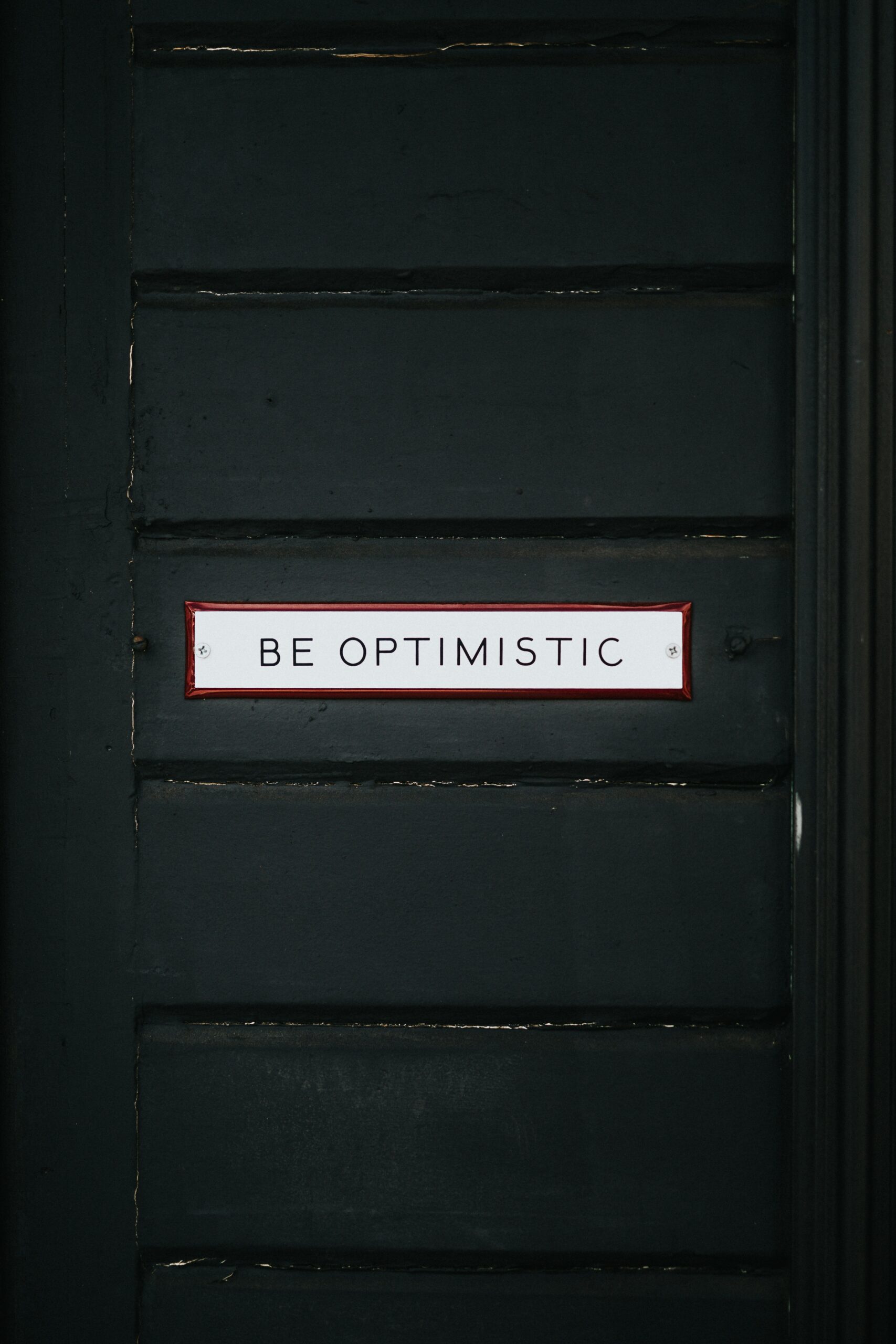Millennials, let’s talk about affirmations. We’ve been told for years that positive affirmations are the key to shifting our mindset, improving our mood, and manifesting the life we want. Sounds great in theory, right? But if you’ve ever tried telling yourself “everything will work out” while you’re in the middle of a real-life crisis, you know how hollow and frustrating those words can feel.
That’s because positive affirmations, when used as a blanket coping tool, can actually backfire. Instead of helping us process reality, they can push us into toxic positivity—the mindset that tells us to ignore our real emotions and just “think happy thoughts.” In many cases, this adds more stress, resistance, and frustration because it forces us to pretend a certain reality exists when it simply doesn’t.
Let’s break down why this happens, how to recognize when affirmations become toxic, and how to use “balanced affirmations” as a more effective tool for navigating difficult experiences.
When Affirmations Become Toxic
At their core, positive affirmations are meant to help us reframe our thoughts and build resilience. But the way we’ve been taught to use them often ignores an essential step: validating our current reality. Instead, we’re encouraged to jump straight to the outcome we wish were true, even when it’s not. This can actually make it harder for us to cope because our brains know when we’re lying to ourselves.
For example, let’s say you just lost your job. You might try using affirmations like:
- “Everything happens for a reason.”
- “Just stay positive and something better will come.”
- “Try not to worry about it until you know what’s next.”
While these statements might seem harmless, they can actually invalidate the very real stress, uncertainty, and grief that come with job loss. When we suppress those emotions, they don’t go away—they build up, creating even more anxiety and frustration.
The same thing happens in relationships, health scares, financial struggles, or any situation with high stakes and uncertainty. When we try to force a positive mindset before we’ve fully processed what we’re going through, we end up feeling even more disconnected and unsupported—both by ourselves and others.
How to Use Balanced Affirmations Instead
The good news? Affirmations don’t have to be toxic. When used correctly, they can be a powerful tool for grounding ourselves in reality while also fostering resilience. The key is balance. A balanced affirmation does two things:
- It validates and acknowledges the reality of your present circumstances.
- It focuses on your ability to accept and cope with the situation, rather than forcing a specific outcome.
Step 1: Focus on the Emotion or Experience, Not the Outcome
Instead of jumping to “everything will work out,” acknowledge what you’re feeling. This could look like:
- “This situation is really difficult, and it makes sense that I’m feeling overwhelmed.”
- “I don’t know what’s going to happen next, and that uncertainty is hard.”
- “I am struggling with this, and that’s okay.”
Step 2: Validate and Shift Focus to What’s in Your Control
Once you’ve acknowledged your feelings, shift toward what you can control: your response, your resilience, and your ability to navigate the challenge. Balanced affirmations might look like:
- “Even though this is hard, I trust myself to figure it out.”
- “I can be patient with myself as I work through this.”
- “I have faced challenges before, and I can handle this too.”
- “No matter what happens, I will take care of myself through it.”
Notice how these affirmations don’t try to erase reality. Instead, they validate what you’re experiencing while reinforcing your ability to cope.
Why This Approach Works
Balanced affirmations work because they don’t require us to lie to ourselves. They acknowledge our emotions, make space for discomfort, and remind us that we are capable of handling whatever comes next—even when the outcome is uncertain.
This is especially important in situations where the stakes are high. Telling yourself to “just be positive” when dealing with job loss, a breakup, or a serious health concern doesn’t magically make those situations less painful. But reminding yourself that you can navigate difficult emotions and make thoughtful decisions? That’s where real empowerment comes from.
Therapy can also be a useful tool for developing this skill further. If you want support in shifting your mindset in a way that actually serves you, schedule a session here. And for more discussion on this topic, check out our latest podcast episode: Balanced Affirmations: Avoiding Toxic Positivity.
Let’s start affirming ourselves—not just our ideal outcomes. When we do, we create space for real growth, resilience, and emotional well-being.

+ show Comments
- Hide Comments
add a comment